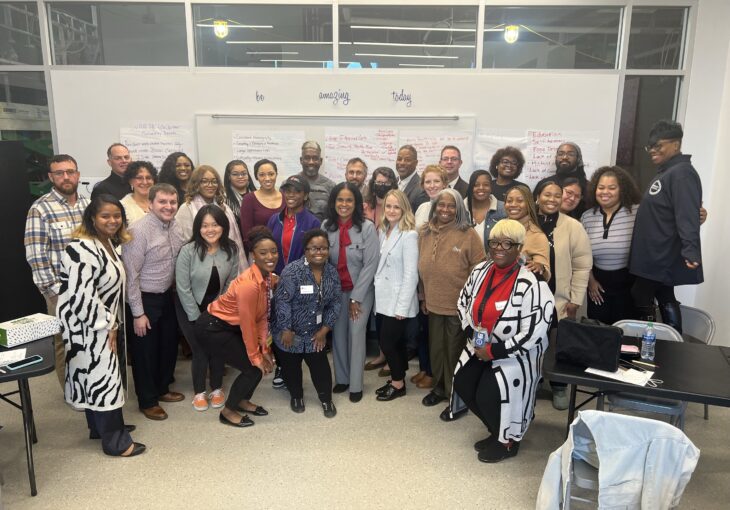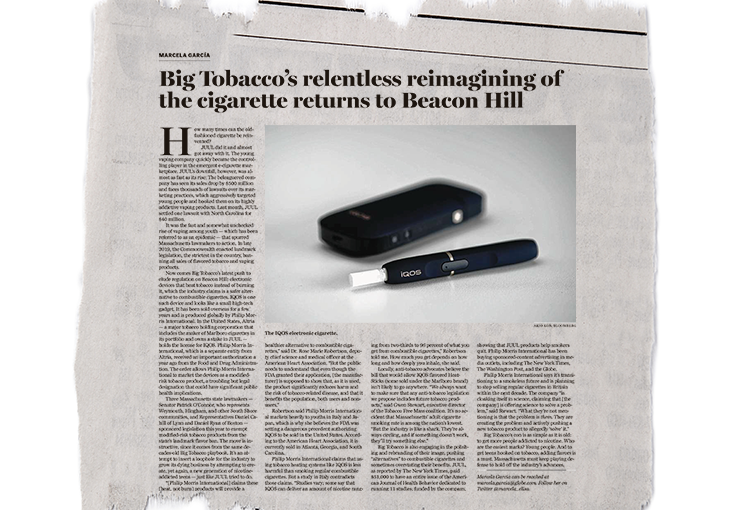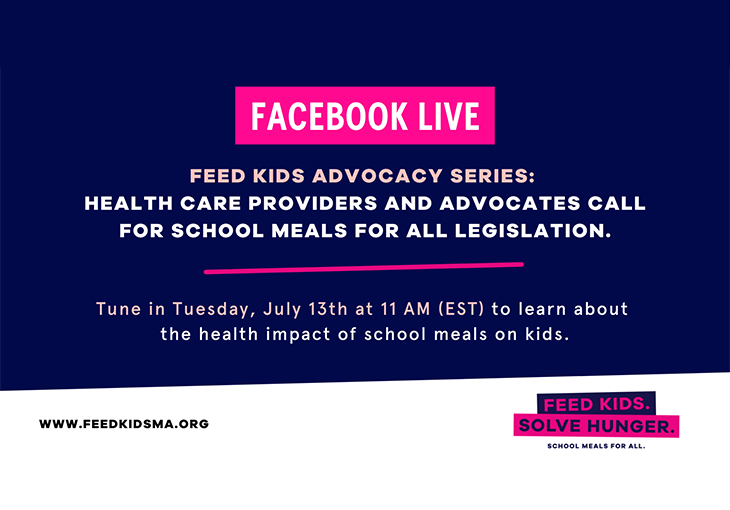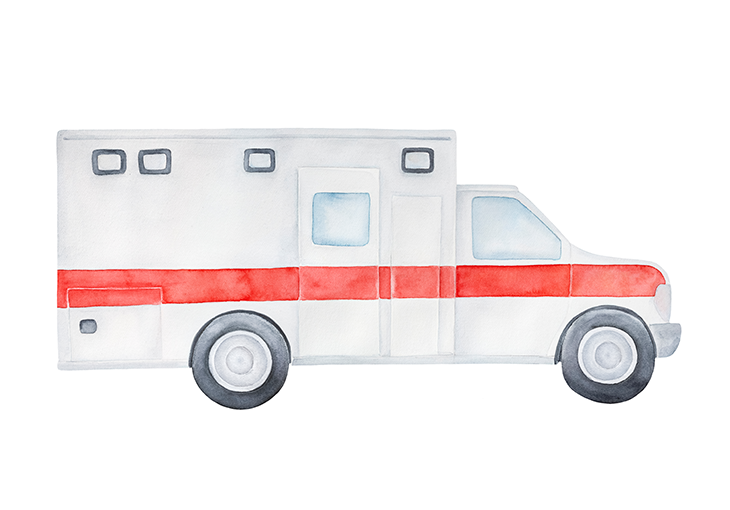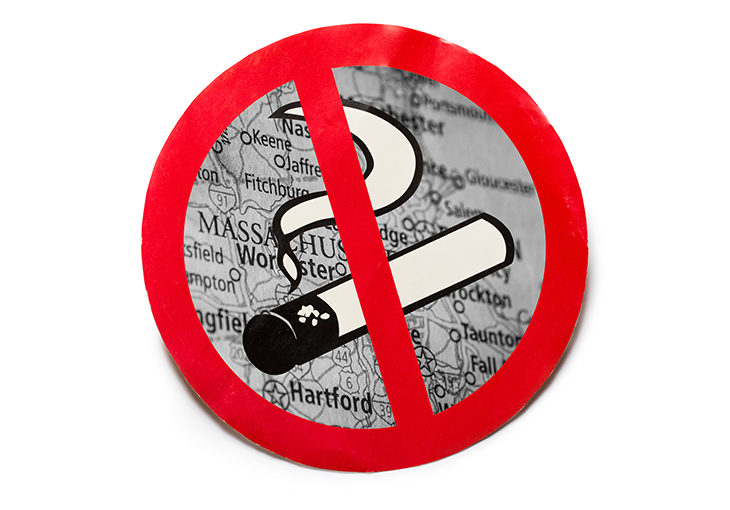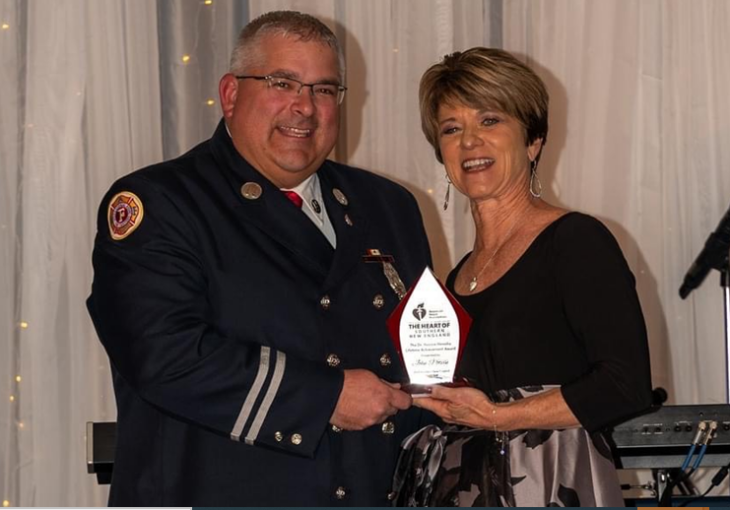
East Providence Fire Department Captain awarded for impactful advocacy work
The American Heart Association proudly recognizes Captain John D. Potvin with the 2023 Yvonne Heredia Lifetime Achievement Award. Named in honor of former American Heart Association Board Member, Yvonne Heredia, whose passion, and dedication towards heart health in our community impacted many lives. This award is given to someone who, throughout their career, has been

